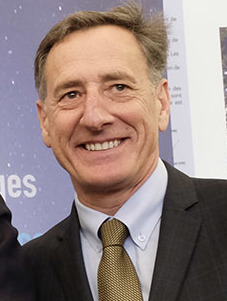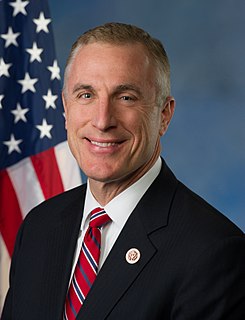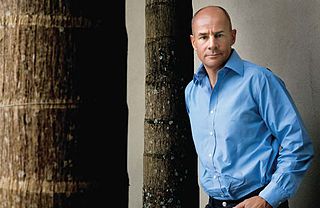A Quote by Mike Pompeo
GMOs play a central role in meeting the challenge of providing affordable and nutritious food to consumers all over the world.
Related Quotes
Car prices play a large role in calculating PPPs even while they play no role whatsoever in the consumption or consumption needs of the poor. And the prices of rice, bread and beans play a small role in calculating PPPs even though they play a huge role in meeting the consumption needs of the poor. So the World Bank's method of comparing and converting everything at general purchasing power parities into US dollars is highly distorting within an exercise whose purpose it is to determine whether households are or are not capable of meeting their basic consumption needs.
We see an ever-increasing move toward inter and trans- disciplinary attacks upon problems in the real world ... The system scientist has a central role to play in this new order, and that role is to first of all understand ways and means of how to encode the natural world into "good" formal structures.
Consumers fall in love with a brand and it's important for a brand to develop and stretch itself to provide for their consumers. I don't suspect that a customer will walk into a store to buy a pair of jeans and end up buying a sofa, but it's about providing loyal consumers with a choice to create a lifestyle.


































